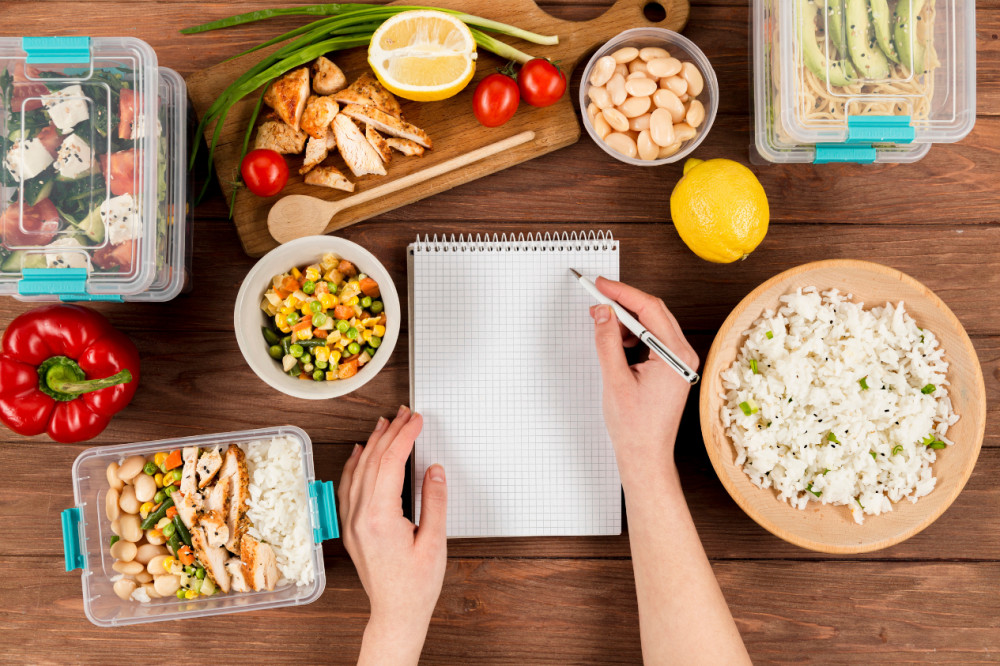
Reducing Food Wastage
Reducing Food Wastage
A painful irony of the world we live in – while on one hand, we have a segment of consumers who carelessly waste food by eating half and wasting the rest in their plate; on the other hand, we have a plethora of people starving and frequently succumbing to hunger. Moreover, food waste contributes to greenhouse gas emissions and wastes the water and other resources it takes to grow the food.
Foodism through this blog wishes to urge home bakers, home, chefs and readers, in general, to firmly say no to food wastage by following these simple and easy-to-implement practices:
Throw away food only if it's spoilt, moulded or beyond the expiry date - it is not necessary to throw out foods that are slightly past their prime. For example, veggies which soften or wilt can form excellent additions to soups, baked dishes or smoothies; while leftover veggie scraps can make a rich soup stock.

- Refrain from over-buying when grocery shopping. One good way to cut back on waste is by taking a couple of shorter trips to the grocery store each week rather than one long trip.
- Shares septuagenarian Kashiben, “Cut back on potential waste by making it a habit to take an inventory of the food in the house and preparing a grocery list before going to the store.”
- Organize your kitchen, refrigerator and pantry by following the golden rule of FIFO (first in, first out) i.e. place newly purchased foods at the back and tins with closer expiry dates in the front.
- Follow food storage tips like – store food in sealed containers; maintain the refrigerator below 5°C; store cooked foods on shelves above raw foods; transfer leftovers from open cans into a suitable container; store bananas, apples and tomatoes away from other perishables to maintain their freshness et al.
- Set a weekly menu to facilitate food usage and cut back on waste. Maintain a log of spoilt foods.
- Refrigerate extras.
- Repurpose leftovers.
- Explore food preservation strategies like – pickling cucumbers, onions, eggs etc.; turning apples into applesauce…
- Compost scraps.
While eating out one can cut down on food wastage by - asking for a meal that does not contain ingredients they do not enjoy; opting for smaller portions; selecting ‘à la carte’ instead of set plates; refraining from food trays et al.
These few simple but meaningful steps can create a strong individual impact and help create a healthier food future for all




